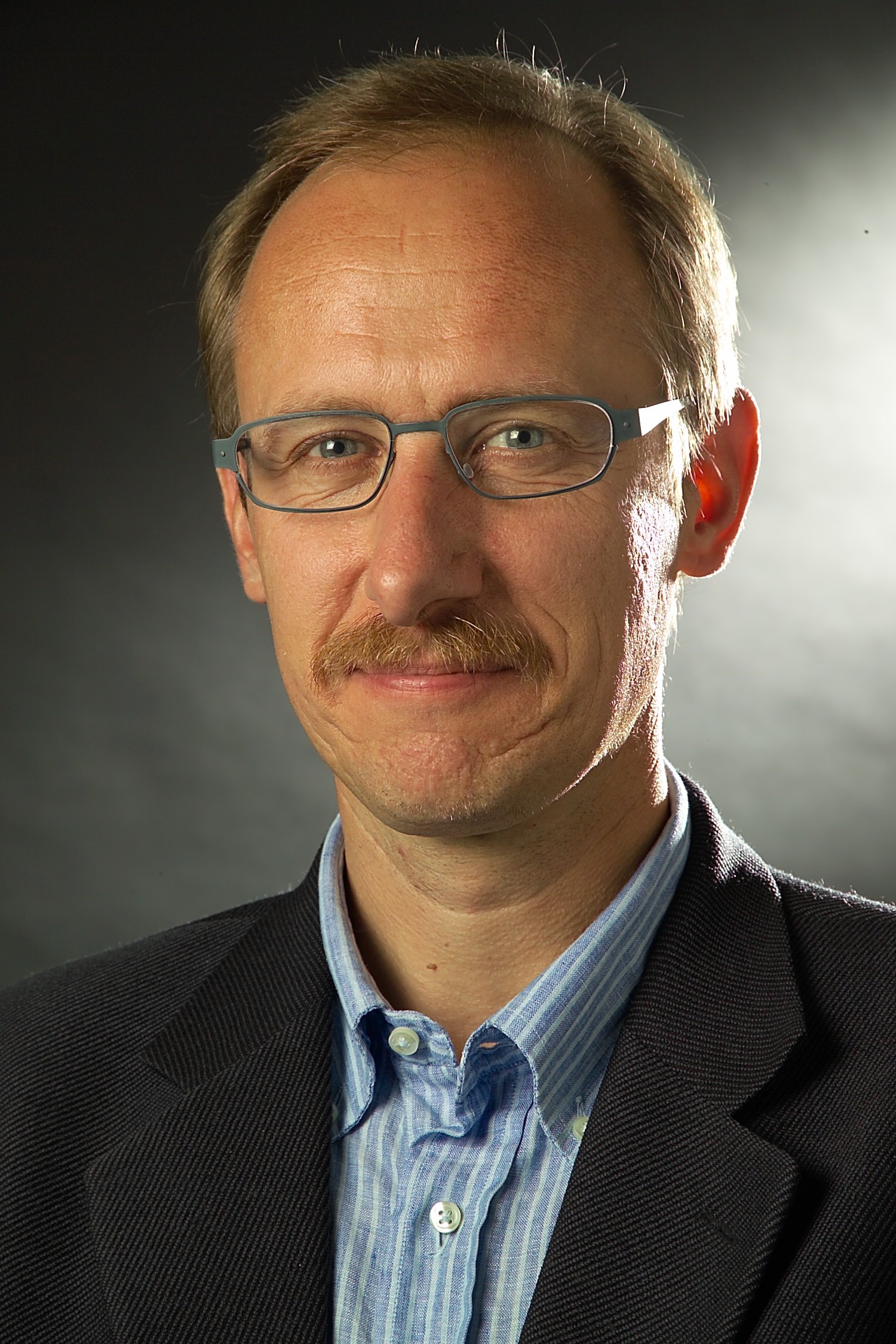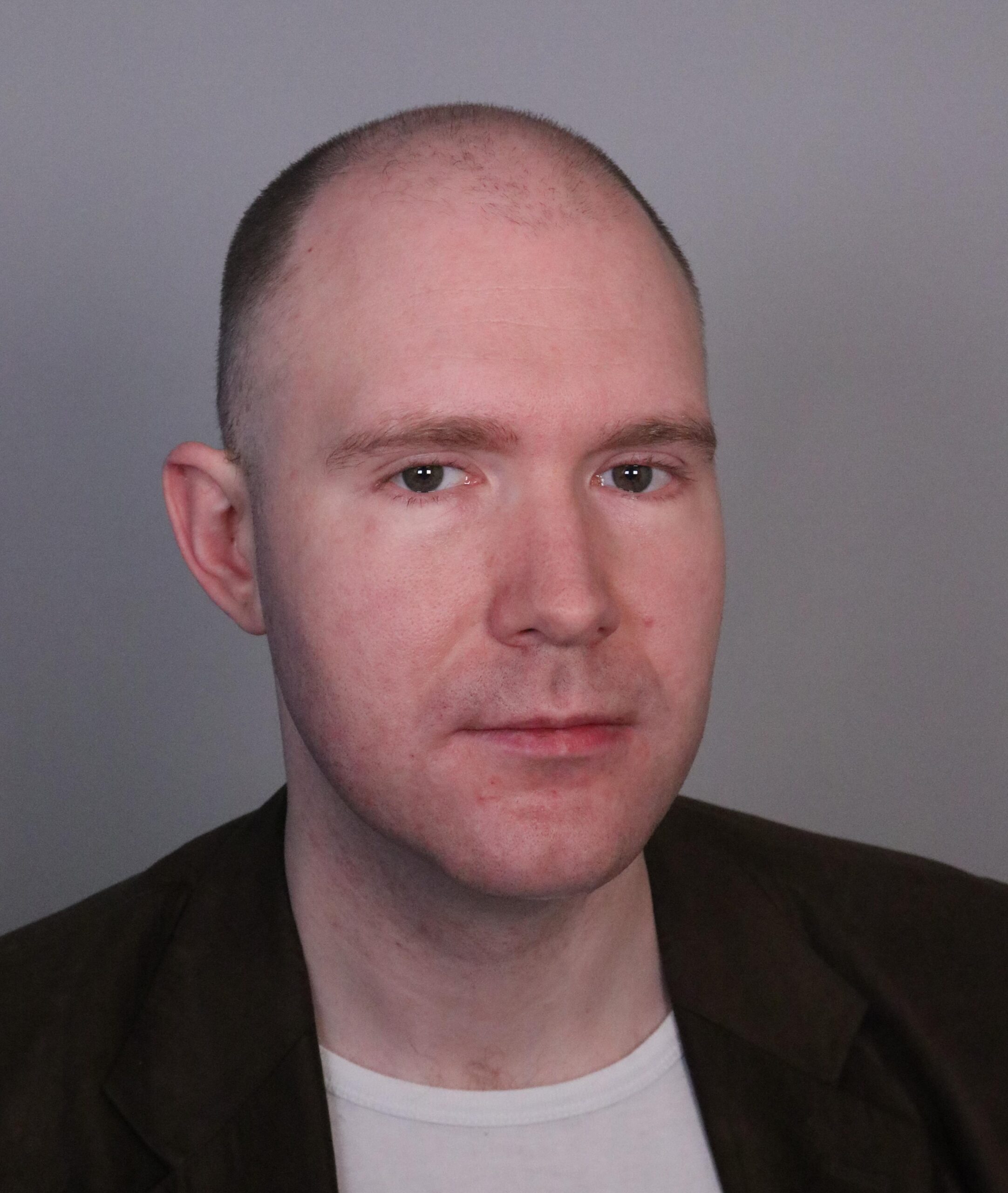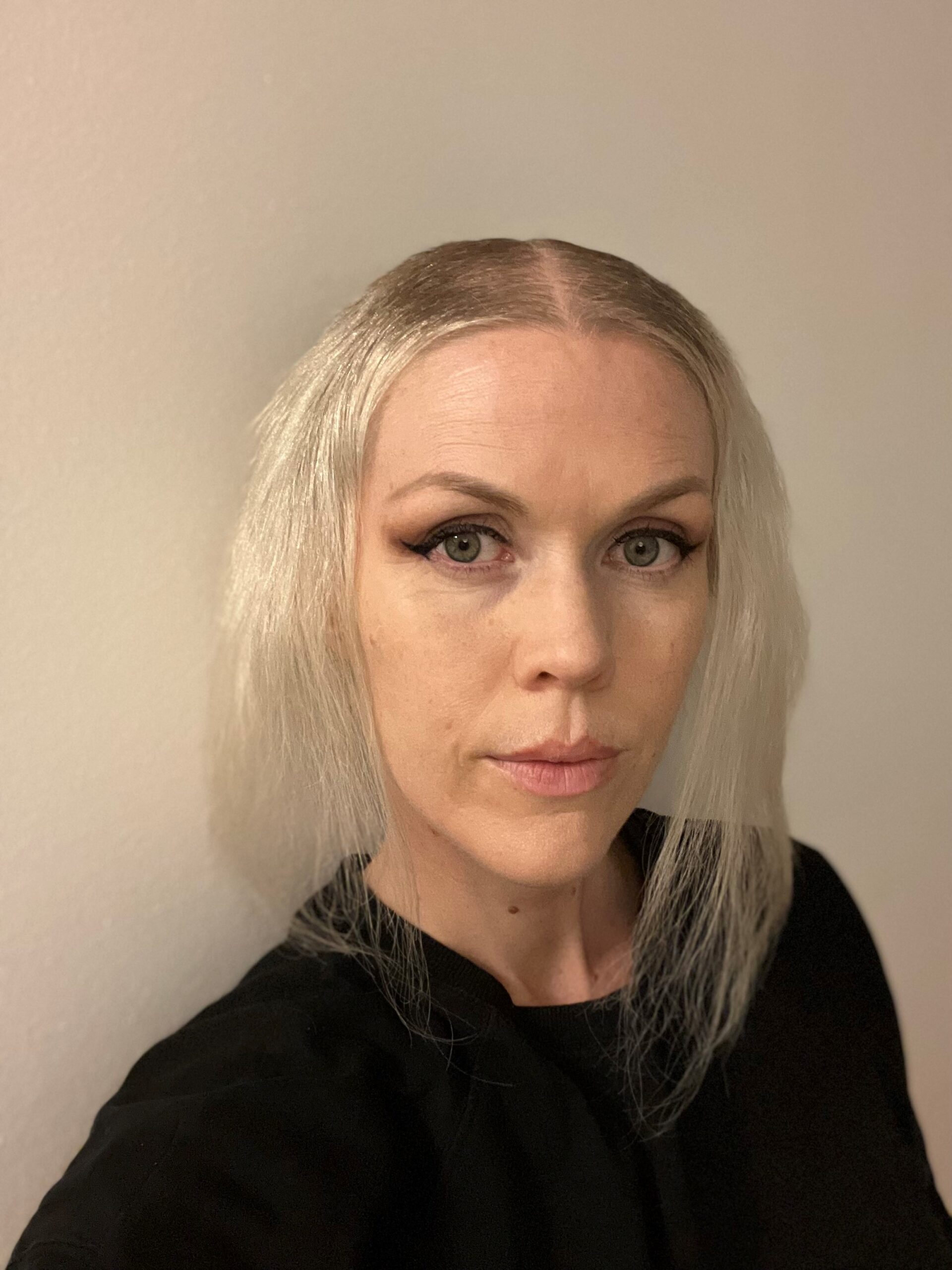Guest Speakers
Professor Jan Engberg (University of Aarhus: Denmark)
 BIO: Jan Engberg is Professor of Knowledge Communication at the School of Communication and Culture, Section of German Business Communication, University of Aarhus, Denmark, dr.phil. honoris causa at Vaasa University, Finland, and Knight of the Danish Order of the Dannebrog. His main research interests are the study of cognitive aspects of specialized discourse and the relation between specialized knowledge and text formulation. Much of his research is focused upon communication, translation and meaning in the field of law. However, especially with Carmen Daniela Maier he has also studied academic publishing as well as disseminating genres in academic fields from a multimodal point of view. He has published widely in the field and co-edited a number of books and special issues of international journals. Finally, he is member of the editorial or advisory board of a considerable number of journals, and he functions as co-editor of the international journals Fachsprache – Journal of Professional and Scientific Communication and Hermes – Journal of Language and Communication for Business. Detailed information: https://pure.au.dk/portal/en/
BIO: Jan Engberg is Professor of Knowledge Communication at the School of Communication and Culture, Section of German Business Communication, University of Aarhus, Denmark, dr.phil. honoris causa at Vaasa University, Finland, and Knight of the Danish Order of the Dannebrog. His main research interests are the study of cognitive aspects of specialized discourse and the relation between specialized knowledge and text formulation. Much of his research is focused upon communication, translation and meaning in the field of law. However, especially with Carmen Daniela Maier he has also studied academic publishing as well as disseminating genres in academic fields from a multimodal point of view. He has published widely in the field and co-edited a number of books and special issues of international journals. Finally, he is member of the editorial or advisory board of a considerable number of journals, and he functions as co-editor of the international journals Fachsprache – Journal of Professional and Scientific Communication and Hermes – Journal of Language and Communication for Business. Detailed information: https://pure.au.dk/portal/en/
For the GSFL2024, Professor Engberg will be giving a presentation entitled “Translating in Legal Settings as Knowledge Communication: What Can We Pass On and How?”
PRESENTATION ABSTRACT
One of the linguistic challenges in multilingual court room settings is to make the documents in foreign languages available in the language(s) of the court in order to comply with national language restrictions. This is often done under official regulations demanding precise translations leading to target texts apt for securing a fair trial (e.g., Directive 2010/64/EU, Article 3(9)). However, typically there is no general demand for such translations to be literal (Iluk and Iluk 2019, 186). This is well in accordance with the state of the art in translation studies that any act of translation will necessarily contain an aspect of interpretation, as it relies on contextual understanding of a source text based on the linguistic background knowledge taken into consideration by the translator (cf. Engberg 2021). This entails a risk of losing aspects of the source text in the translation. The competence of translators is directed towards avoiding such loss. Whether the importance of interpretation is perceived as an insurmountable problem or as a description of the challenges under which court translators carry out their task and how we can understand their competence, depends in the end on the conceptualisation of language held. A relevant distinction in order to understand the important difference is the distinction suggested by Christensen and Sokolowski (2002) between strong and weak language conceptions:
- Following a strong conceptualisation of language, it is seen as external to language users; thus it governs the way texts are interpreted by language users in a strong way: the process of understanding that forms the basis for the translation process and the reading of the target text is about finding the meaning laid down in the text through its linguistic formulation and the meanings coming from the (national) languages involved. Under this conceptualisation, involving translation in communication not only makes the communicative process more complex, but actually turns it into a very uncertain and therefore dangerous process, as different languages divide the world conceptually in different ways.
- Following a weak conceptualisation, on the other hand, meanings of a language are dependent upon the way language is used by its users. Hence, in a pointed formulation, words mean what people want them to mean in order to describe the world they agree upon. The way agreement in understanding is achieved is through interaction, questioning, adapting to each other. The role of translators, hence, is to produce texts in the target language that will help target language receivers construct a meaning sufficiently similar to the one intended in the source text.
The Knowledge Communication Approach to translation that I have been developing over the last years follows the weak conceptualisation (Engberg 2021). In my talk, I will give reasons for why I think this way of thinking about language best describes the actual situation of translating in court settings and for the consequences for what translators can convey and for ensuing quality standards. The considerations will be supported by concrete examples from court translation.
References
Christensen, Ralph , and Michael Sokolowski. 2002. “Wie normativ ist Sprache? Der Richter zwischen Sprechautomat und Sprachgesetzgeber.” In Sprache und Recht, edited by Ulrike Haß-Zumkehr, 64-79. Berlin / New York: de Gruyter.
Professor Jan Svennevig and Dr. Søren Sandager Sørensen (University of Agder: Norway)


BIO: Jan Svennevig is a Professor of Language and Communication at the University of Agder. He is the PI of a project on police investigative interviews and conducts research on the establishment of understanding in conversations between L1 and L2 speakers. Dr. Sandager Sørensen is a postdoc in forensic linguistics at the University of Agder. He has a background in Conversation Analysis and Interactional Linguistics from Aarhus University, where he wrote a PhD on Danish response tokens. For the GSFL2024, Professor Svennevig and Dr. Sørensen will be giving a lecture entitled “Securing Understanding of the Suspect’s Rights in Police Investigative Interviews “
PRESENTATION ABSTRACT
In the beginning of each investigative interview in Norway, police officers are required to inform suspects about their right to silence and to legal counsel. To do so, Norwegian police do not use a scripted formula such as the Miranda warnings in the USA but leave it to the individual investigator to find the most appropriate and efficient formulation relative to the addressee. The officially recommended way of securing understanding is to (1) present the rights in a way that is understandable for a given suspect and (2) ascertain that they have been understood correctly (Bjerknes & Fahsing 2018). There is however no guidance on how to secure and ascertain understanding, which is especially important when the suspect is a second language (L2) speaker.
The upcoming lecture will present empirical analyses of audio and video recordings of 100 authentic police interviews, 70 with L2 suspects and 30 with L1 suspects. Using Conversation Analysis as our method, we examine two issues: First, how the investigators formulate the rights and check the suspects’ understanding of them, and second, how they establish whether suspects want to invoke their rights.
First, we will describe a set of conversational practices that police officers use in order to make the wording of the rights more accessible to L2 speakers, namely decomposition, simplification, term explanation, and reformulation. Practices used for checking understanding include polar interrogatives, such as “do you understand?” and question types that elicit a more comprehensive account, such as “can you tell me how you understand your rights?” We will also present a quantitative analysis of how often such comprehension strategies are used in L1 vs. L2 interaction. The results show that understanding checks are rare, and while the other strategies are overall equally frequent, their use differs between the right to silence and right to legal counsel. The results also show that the rights are not communicated to L2 speakers with consistently more strategies than to L1 speakers, and that in some contexts, low proficiency L2 speakers are communicated to with fewer strategies than high proficiency L2 speakers. There may be a trade-off between reformulation (incl. explanation) and simplification in the sense that where reformulation is more common with L1 speakers and simplification more common with L2 speakers.
Second, we will present our analysis regarding how often suspects are asked explicit questions about whether they want to exercise their right to silence and/or to legal counsel. We also investigate variation in the design of such questions, concentrating specifically on expressions involving a preference for one response option over the other. We identify formulations used while presenting the rights that may legitimise or inhibit a free and independent decision. The results show that suspects are often not asked to take a stance on their rights, and when they are, such questions often involve a bias towards waiving their rights. And although some officers explicitly inform the suspects that they are free to choose whatever option they like, others provide information about the interview that either presupposes willingness to talk or presents the option of waiving one’s rights as preferable to invoking them.
In Sprache und Recht, edited by Ulrike Haß-Zumkehr, 64-79. Berlin / New York: de Gruyter.
Dr. Stina Lindegren (Stockholm University: Sweden)

BIO: Stina Lindegren, PhD, is a senior lecturer at the Department of Social Work, Stockholm University. Her research topic is perpetration-focused sexual abuse prevention. Her dissertation builds mainly on interviews with men convicted of sexual offenses and their experience of sexual offender treatment and help-seeking prior to offense. Stina is a licensed healthcare counselor with basic psychotherapy training and thirteen years of clinical experience, including sex offender treatment.
PRESENTATION ABSTRACT
To improve prevention efforts aimed at individuals who have sexually offended, or are at risk of doing so, it is crucial to know how these individuals experience treatment programs or other kinds of risk-reducing support. In-depth interviews are a suitable method to gain such knowledge. However, recruiting research subjects from this population entails substantial obstacles, primarily due to the exceptional stigma. In addition, the interview situation itself requires specific skills of the interviewer. This includes relational skills to reduce shame and other negative emotions that might affect the research subject’s narratives. The researcher also has to manage their own emotional reactions. Research shows that practitioners who meet individuals who have sexually offended often experience adverse effects such as vicarious traumatization and various negative emotions. Researchers are highly likely to encounter similar problems. There is, however, little research into these matters as well as investigations of how researchers can manage the obstacles regarding interviewing those who have sexually offended. Additionally, there is a gap in knowledge concerning the interactional processes in the interview situation and little is known about how individuals convicted of sexual offending experience participating in research interviews. Such knowledge can improve researchers’ skills and strategies when interviewing highly stigmatized research subjects and engaging in emotionally challenging research topics. This presentation aims to explore these issues, by drawing on data from interviews with men convicted of sexual offending as well as researcher experiences. Research strategies and suggestions for managing obstacles will be discussed.
